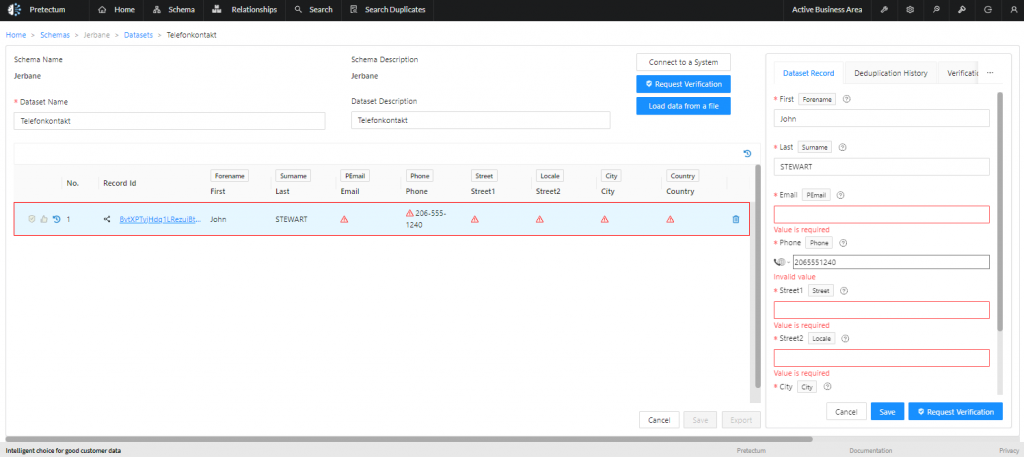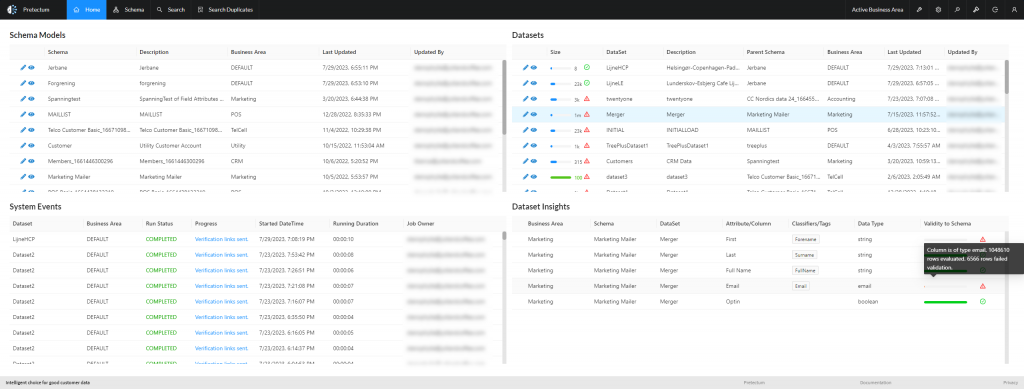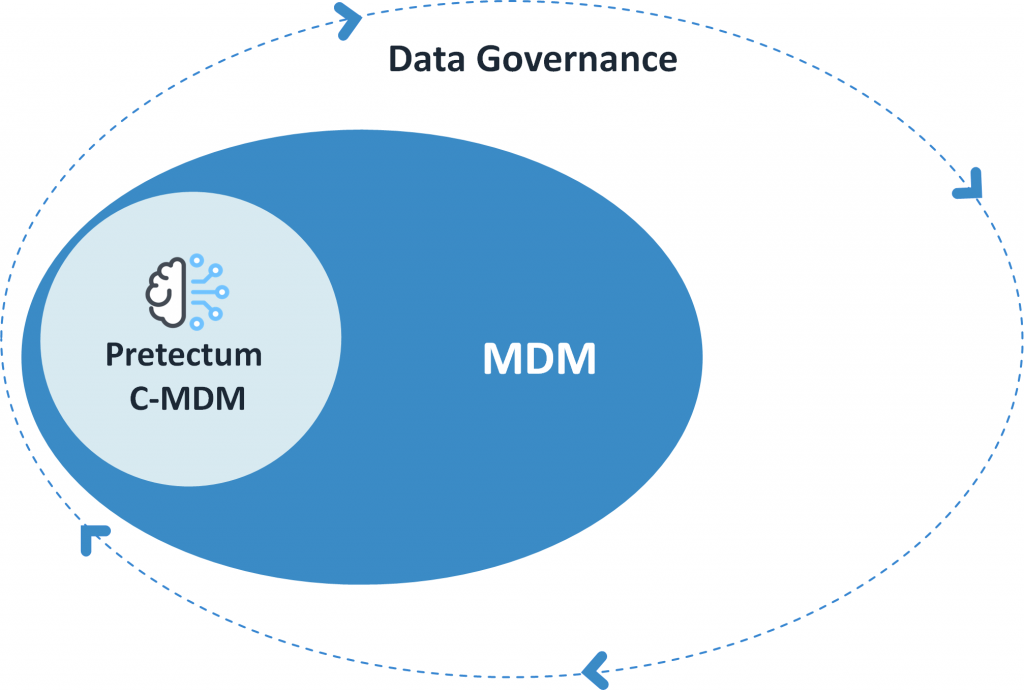Delivering exceptional customer experiences is a key objective for most organizations, achieving this goal well, hinges on effective customer master data management (CMDM).
Through organizing and maintaining accurate, consistent, and up-to-date customer data, businesses unlock a wealth of opportunities, enhancing customer satisfaction, driving revenue growth, and streamlining operations.
The importance of customer MDM cannot be overstated, McKinsey’s insightful article, “Master data management: The key to getting more from your data.” describes this nicely.
McKinsey vividly illustrates the challenges that are faced by organizations grappling with poor data management practices. This might include sales reps struggling to access comprehensive customer information, leading to inefficiencies and suboptimal customer interactions.
Effective customer MDM addresses this and other pain points,l paving the way for organizations to achieve their top tactical and strategic objectives, as identified in the related McKinsey Master Data Management Survey.
These objectives include improving customer experience and satisfaction, enhancing revenue growth through cross-selling and upselling opportunities, increasing sales productivity, and streamlining reporting processes.

The Importance of High-Quality Customer Data
High-quality customer data is the foundation upon which exceptional customer experiences are built.
Customer data of good quality enables organizations to gain a comprehensive understanding of the customers, their preferences, purchase histories, and interactions across various touchpoints. With this invaluable insight, businesses can tailor their offerings, personalize communications, and anticipate customer needs, fostering stronger relationships and driving customer loyalty.
However, maintaining high-quality customer data is no easy feat. As highlighted in the McKinsey survey, some 82% of respondents spent one or more days per week resolving master data quality issues, and 66% relied on manual review processes to assess and manage data quality.
High levels of data quality issues is a drain on valuable resources, increasing the risk of errors and inconsistencies, ultimately undermining the effectiveness of customer-centric initiatives.

Embracing a Customer-Centric Approach to Data Management
To overcome these challenges and unlock the full potential of customer data, organizations must adopt a customer-centric approach to data management.
Such an approach involves treating customer data as a strategic asset and managing it with the same rigour and attention as a consumer product. One key aspect of this approach is establishing dedicated teams responsible for the development, maintenance, and continuous improvement of customer data products.
Cross-functional teams often comprise data engineers, architects, modellers, and subject matter experts who collaborate closely with business stakeholders to ensure alignment with customer needs and use cases.
Implementing robust data governance frameworks and tooling also assists in maintaining data integrity and ensuring compliance with relevant regulations, such as local, regional and international data security and privacy laws. This includes defining clear data ownership, establishing data quality standards, and implementing access controls and auditing mechanisms to protect sensitive customer information.

Leveraging Customer Data for Personalized Experiences
With high-quality customer data at their fingertips, organizations can unlock a myriad of opportunities to deliver personalized and engaging customer experiences.
For instance, they can leverage customer insights to tailor product recommendations, optimize marketing campaigns, and streamline customer service interactions.
By integrating customer data across various systems and touchpoints, businesses can gain a holistic view of the customer journey, enabling them to identify pain points, anticipate needs, and proactively address issues before they escalate.
This level of proactive customer service not only enhances the potential for increased customer satisfaction but also fosters trust and loyalty, ultimately driving long-term business success.
Embracing Transparency and Customer Control
As consumers become increasingly aware of data privacy concerns, it is essential that organizations prioritize transparency and customer control over their data.
This philosophy aligns with the principles outlined in our “good enough data” post emphasizing the importance of offering customers choices about data usage, providing opt-out options, and anonymizing data whenever possible.
By empowering customers with control over their data and being transparent about data collection and usage practices, organizations can build trust and strengthen brand loyalty.
This perspective, when adopted, not only demonstrates respect for customer privacy but also positions the organization as a responsible and ethical steward of customer data, setting it apart from competitors.
Continuous Improvement and Innovation
Effective customer MDM is not a one-time endeavour. Rather, it is an ongoing journey of continuous improvement and innovation.
As customer needs and expectations evolve, organizations must remain agile and adaptable, continuously refining their data management practices and leveraging emerging technologies to stay ahead of the curve.
This may involve exploring advanced analytics and machine learning techniques to derive deeper insights from customer data or leveraging emerging technologies like blockchain to enhance data security and transparency. Additionally, organizations should actively seek feedback from customers and frontline employees to identify areas for improvement and drive data-driven decision-making.

